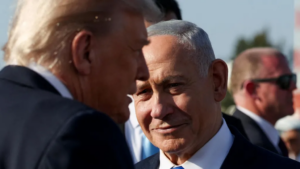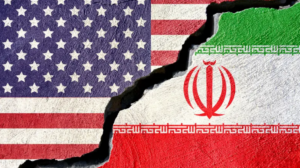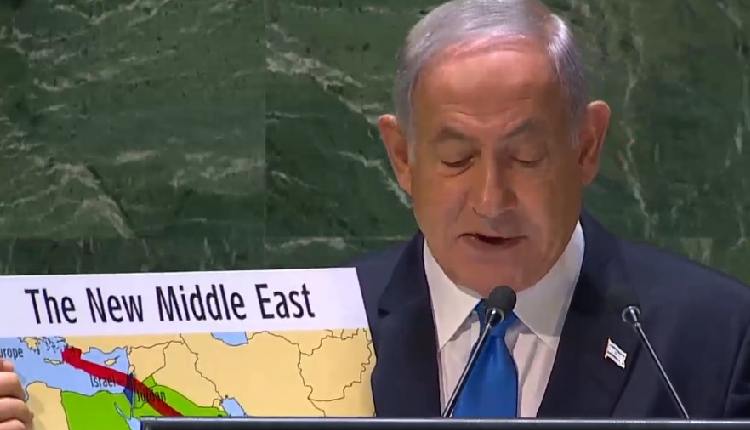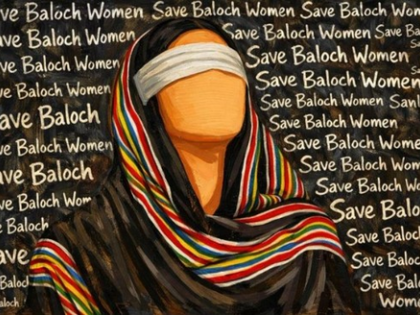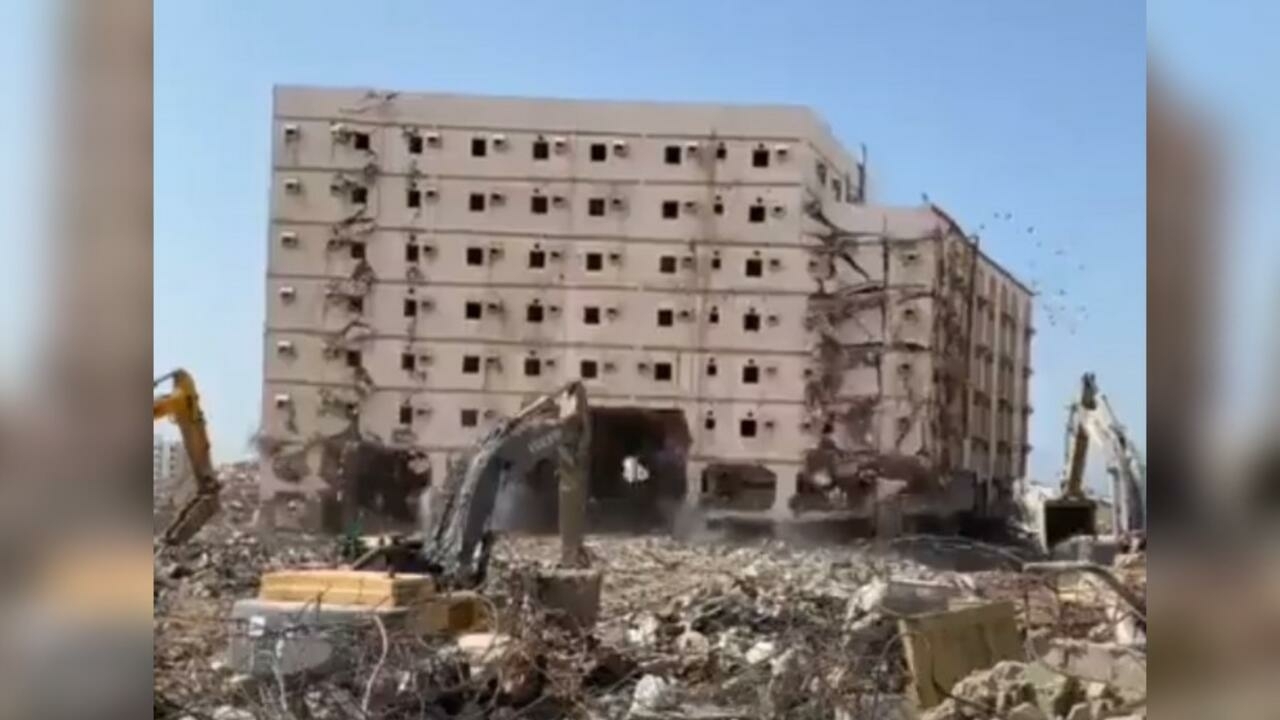
Over the past three months, the Saudi government has launched a massive demolition campaign targeting dozens of poor neighbourhoods in Jeddah, to make way for an urban development project. With very little time to leave and no compensation, hundreds of thousands of people are now in dire straits, with no way to appeal, as our Observer explains.
Advertising Read more
Authorities have carried out demolitions in about 60 different neighborhoods, most located in the southern part of the city, near the port. And even more neighbourhoods will be affected in the coming months, with the bulldozing slated to continue.
The Saudi Public Investment Fund, presided over by Crown Prince Mohammed bin Salman, announced the launch of a 20 billion dollar (around 18 billion euro) development project called Jeddah Central. The development will include a museum, an opera house, a stadium, an aquarium, hotels and new residential neighbourhoods.
The Saudi government claimed that they set up a progamme to compensate displaced residents and that they had given them a month’s notice to leave their homes. Many residents, however, say that they were given no notice and found themselves homeless overnight. In a rare act of protest, residents have been posting videos on Twitter and TikTok since early March along with the hashtag Haddad Jeddah (“Demolition Jeddah”) to denounce what they call an unjust campaign.
ببساطة هكذا أنتهت الحكاية، دمرت البيوت وهُجر الناس، و أصبح كل شيء من الماضي 😭#هدد_جدة pic.twitter.com/q6hPyVupU2 — حقوق الضعوف (@hukusfof) March 17, 2022 “So ends the story. Homes destroyed, people chased away and now everything belongs to the past,” reads this tweet.
Another video posted on Twitter shows a resident in tears. He explains that city services gave him just 24 hours to leave his home.
City workers scrawled the message “You must evacuate” on his home.
“As soon as I saw the message, I took my children and went to look for a home. But the neighbors told me that [the city] was going to burst into my home in 24 hours and that they would cut off my electricity […]. They came and took all of my belongings,” said the man, on the verge of tears. “I am responsible for eleven people, only God knows my suffering.”
‘The fear is so extreme that talking is forbidden’
Mohammed (not his real name) lives in Djeddah. He isn’t a resident of the neighbourhoods affected by these demolitions but he understands the pain that the residents are going through, many of whom are low income.
You can see the sadness on people’s faces, but no one dares to speak. The fear is so extreme that talking is forbidden. Residents were given very little warning, sometimes three days or less, in order to leave. And there is basically no compensation. Even worse, they haven’t set up a system for relocating people. The first few days, some residents were living on the street, sleeping in tents and under bridges. But they have since been chased away. Moreover, these demolitions caused rental prices to shoot up all across the city – in some cases doubling [Editor’s note: several people have taken to social media to report the same issue]. And many people can’t afford these prices. So people are doing the best they can. Some are going to live with friends or family, others are leaving Djeddah to find cheaper housing in the villages near the desert.
أهالي الأحياء المزالة يعيشون حياة مريرة، فهم لا يستطيعون شراء منازل بديلة بسبب تأخر التعويضات، ولا يقدرون على دفع الإيجارات الباهظة.#هدد_جدة#جده_الان#هدد_مكة pic.twitter.com/IcLzifPFRe — #هدد_جدة (@haddJeddah) March 17, 2022 “The former residents of the demolished neighbourhoods are living a bitter life. They can’t buy new homes because of the delays in getting any kind of compensation. And they can’t pay the sky-high rents,” writes this user.
Over time, these people have built lives and an entire local economy, especially because the town is an important stop for pilgrims who travel to Mecca. Mosques and schools were bulldozed. Some of the residents of these neighborhoods are migrants. Some of them will have to go back to their countries, even though Jeddah was a refuge for them, especially those who come from war-torn countries like Yemen. About a quarter of Jeddah residents have been impacted by these demolitions, hundreds of thousands of people.
To justify these demolitions, Saudi authorities have claimed that they wanted to get rid of shanty towns built without permits, where they allege there is a lot of drug dealing and criminality.
But our Observer said these claims are false:
After having spent a lot of time in these neighbourhoods myself, I can assure you that you can leave your car unlocked with the keys inside and no one will touch it. Jeddah is a safe place, as is Saudi Arabia more widely. There is perhaps a bit of petty criminality, but it is very little – no more than in other places across the world. It’s true that when these neighborhoods were first built, there was no real plan for them. The land was provided by King Faisal to people working in nearby factories. There are lots of little winding streets, but that’s part of their charm. And contrary to what people say, the people living in these neighborhoods have legitimate deeds for their homes.
Back in 2020, another demolition campaign – this one in the northwestern province of Tabuk – also caused a scandal. Police killed a local chief, Abdul-Rahim al-Huwaiti, when he refused to leave his home. According to the authorities, he was killed when he opened fire on the police.
These demolitions were part of a massive project called Neom, essentially a plan to build a new futuristic city. This city, whose estimated cost is around $500 billion (roughly € 450 billion) will stretch over 26,500 km2, larger than the US state of Vermont.


